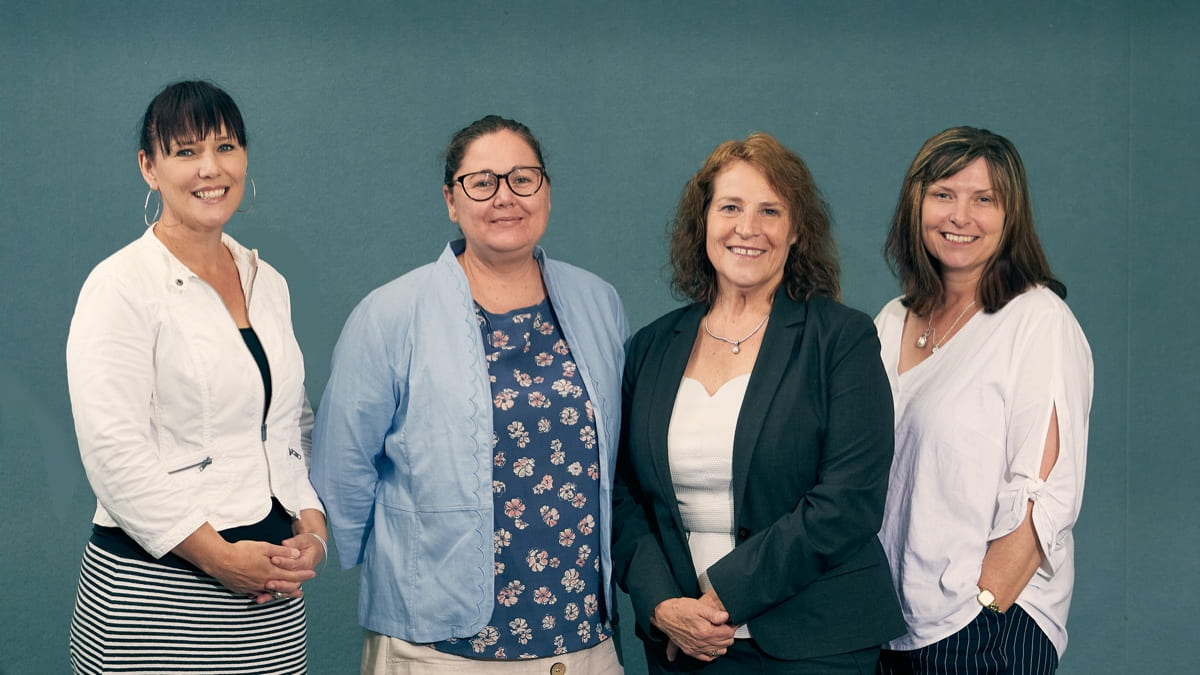A UNE School of Education team has received top marks for a toolkit to support Victoria’s teachers of high-ability students. So much so, that they’re now providing professional learning to the teachers as well.
The team of Professor Sue Gregory, Associate Professor Jennifer Charteris, Dr Joanna Anderson and Dr Genevieve Thraves were contracted by the Victorian Department of Education and Training (DET) to produce an online toolkit for the state’s primary and secondary teachers of gifted and talented students. It provides practical, evidence-based guidance on how to identify students and better cater to their needs in the classroom, and includes instructional videos, lesson plans, case studies and downloadable resources.
Our educators interviewed some 52 Victorian teachers and dozens of students to compile the toolkit, which aims to enrich the learning of students who are considered more advanced than their peers in intellectual, physical, creative and social domains.
“These students have particular needs and teachers need to be able to support them,” Genevieve said. “One of the pervasive myths is that high-ability students will do well, no matter what, but the reality is different. They need very specific pedagogies and opportunities to engage in their learning in order to thrive.
“Under-achievement is one of the biggest barriers to high-ability students, especially when their ability is invisible and they are not given the challenges they need. We also see that a lot in our twice exceptional students, who may have high ability but also a learning disability of some kind. There is often an emphasis on the learning disability and not the ability. Students can also be good at masking their abilities, in order to fit in with their peers.”
DET recognised that school teachers had previously had limited pre-service training in high-ability studies and commissioned UNE to prepare the resources as part of its Student Excellence Program. Some 10% of students nationally are thought to have high abilities in one or more domains.
“We hope the resources will help teachers to identify and better understand high-ability students, and to change or improve their classroom practices so they add depth and complexity to learning,” said Genevieve.
Over the next month, the UNE team is delivering professional learning to high-ability teachers and high-ability practice leaders throughout Victoria via Zoom.
As the toolkit is not curriculum specific, it is likely to be relevant to teachers across Australia and Aotearoa/New Zealand. IT can be accessed from the Victoria Department of Education website: High-ability toolkit (education.vic.gov.au)



Recent Comments